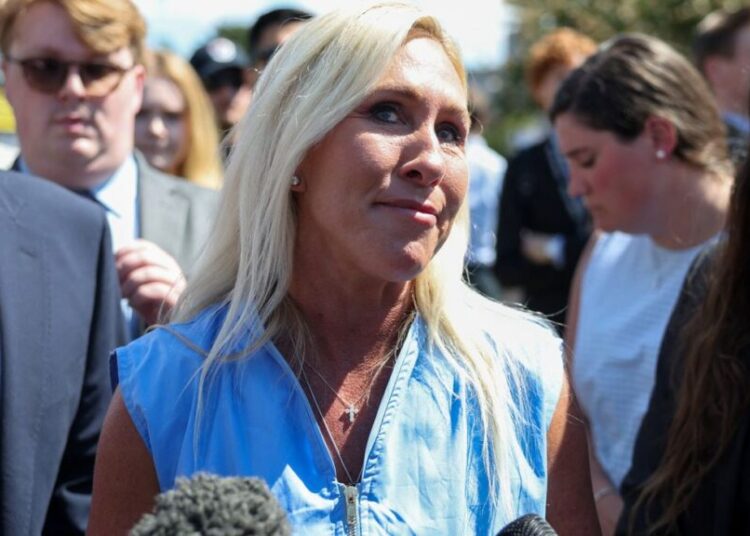Earlier this year, Microsoft officially yanked the cord on Windows 10, ending support for an operating system that had been superseded by Windows 11 four years earlier.
But the tech giant’s controversial attempts to shoehorn AI into every aspect of the software appear to have turned off a staggering number of users from upgrading. While it’s to be expected at this point that not everybody will have jumped at the opportunity to update their machine’s operating system, the sheer scale of that refusal is staggering.
As Forbes reports, a whopping 1 billion PCs are still running Windows 10 — despite half of them technically being eligible for an upgrade.
During PC maker Dell’s November quarterly earnings call, the company’s COO, Jeff Clarke, admitted that “we have about 500 million of them capable of running Windows 11 that haven’t been upgraded,” referring to all PCs, and not just Dell machines.
“Those are all rich opportunities to upgrade towards Windows 11 and modern technology,” he said. The remaining 500 million were not eligible for the upgrade.
In other words, those who own a whopping third of the estimated 1.5 billion PCs worldwide are outright refusing to upgrade, indicating Microsoft is seriously struggling to woo them. That’s likely due to a number of reasons, from simple frustrations over a tweaked and unfamiliar interface to the need to run software that isn’t Windows 11 compatible — and annoying ads.
But given the widespread backlash over Microsoft’s doubling down on AI features, there’s a good chance a vast number of Windows users are also balking at the idea of the company shoving those features down their throats.
It’s an already familiar battle, with AI emerging as a major turn-off for consumers across several other industries as well.
Last month, Windows president Pavan Davuluri announced that the operating system would become an “agentic OS,” baking AI features directly into the software.
Core users, however, were appalled by the notion.
“It’s evolving into a product that’s driving people to Mac and Linux,” one user tweeted in response.
“Stop this nonsense,” another wrote. “No one wants this.”
“Maybe you should pay attention to the unanimously negative replies here and adjust your goals accordingly,” yet another tweeted.
Besides indicating a widespread refusal to upgrade to Windows 11, the sheer number of machines still running Windows 10 could turn into a cybersecurity time bomb, as Forbes points out. Now that Microsoft has ended support and security updates for the OS, hundreds of millions of PCs could become vulnerable to attacks.
Beyond a “looking security disaster,” there’s the threat of an “unprecedented amount of e-waste,” as the advocacy group, the United States Public Interest Research Group, warned in a September blog post. With millions of computers not being able to upgrade to Windows 11, the group estimates that the end of Windows 10 could “result in 1.6 billion pounds of electronic waste.”
Meanwhile, Microsoft is looking to “rewrite the entire operating system around AI, and build essentially what becomes truly the AI PC,” as Microsoft executive vice president and consumer chief marketing officer Yusuf Mehdi told The Verge in October. It’s a vision, he said, that apparently involves physically speaking to Microsoft’s Copilot AI, even while sitting in front of the machine.
All told, it’s also a transformative shift that has countless users considering greener pastures, like Linux or even Apple’s macOS.
Davuluri has since commented on the outpouring of frustration, tweeting days after his original announcement last month that “the team (and I) take in a ton of feedback.”
Davuluri was responding to developer Gergely Orosz, who argued that he “can’t see any reason for [software] engineers to choose Windows with this weird direction they are doubling down on.”
“We know we have work to do on the experience, both on the everyday usability, from inconsistent dialogs [sic] to power user experiences,” he added. “When we meet as a team, we discuss these paint [sic] points and others in detail, because we want developers to choose Windows.”
Whether those reassurances will be enough to convince users to upgrade to Windows 11 remains to be seen.
“Written by Copilot,” one user snarked in response to Davuluri.
More on Windows: As Microsoft Forces Users to Ditch Windows 10, It Announces That It’s Also Turning Windows 11 into an AI-Controlled Monstrosity
The post Vast Number of Windows Users Refusing to Upgrade After Microsoft’s Embrace of AI Slop appeared first on Futurism.




